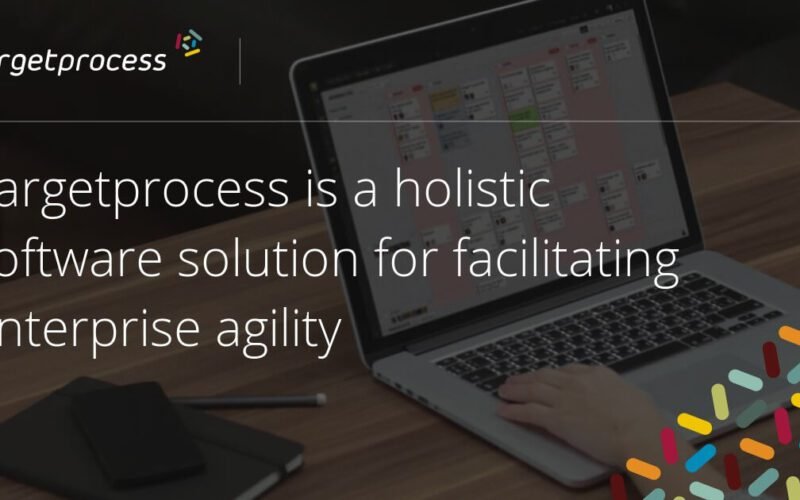Target process provides several ways to create test cases and test plans. To create a test case, select the entity you want to create and give it a name. Next, add the case to a team, project, or road map. If you have multiple test cases, the road map view will allow you to schedule them as needed.
Appian
The Appian platform offers real-time, dynamic analytics through a configurable web interface. It captures key business metrics and process performance data. It also supports filtering and aggregation based on key business data, such as suppliers and costs. This powerful reporting capability gives users an easy way to see the impact of any content change.
Using Appian’s process mining capabilities, organizations can identify the processes that are inefficient and need automation. Then, they can use Appian’s Low-Code Platform to automate those processes. The result is a more efficient organization. Its automation capabilities can help organizations optimize time-consuming processes and reduce costs.
Agile project management tool
The target process is software for Agile project management. It features a simple yet innovative user interface and offers a variety of functional features. It connects work teams with the resources they need to accomplish their projects. The system also supports an organization’s organizational structure and project management methodology. This software also reflects agile methodologies, helping organizations adapt and succeed. It includes project portfolio management, application lifecycle management, and team collaboration tools.
When choosing an Agile project management tool, ensure it can accommodate your specific needs. The software you choose should support the processes you are trying to achieve, as well as the size and scope of your project. It should also be able to generate basic reports such as bug reports and activity reports.
LambdaTest integration
LambdaTest is an application that allows developers to automate the testing of web applications and web services. It is cloud-based and allows teams to collaborate in real-time, allowing users to access test results from any location. A public URL and one-click upload make it easy to share test results.
Once you’ve installed LambdaTest, you can begin automating your tests by integrating them with TargetProcess. You will need the TargetProcess API key and access token to do this. These access tokens will allow you to connect LambdaTest to your TargetProcess API.
Time tracking integration
Time tracking integration for the target process allows you to track time spent on a project easily. This time-tracking solution integrates with your Targetprocess account and imports your selected projects. In addition, it tracks your time using several platforms so you can report time accurately. This integration also includes Pomodoro timer and idle detection.
Target Process lets you define processes and clone existing ones, allowing you to assign roles and define business values. It is also compatible with various external applications and has an open architecture.
Integration with Visual Studio
Target Process is a tool for creating custom business processes. TargetProcess comprises practices, each associated with a specific action or state. Users can add and remove practices from their processes and define specific items’ workflows. These workflows can be a visual state transformation flow or even a simple e-mail notification. All these workflows are accessible through the centralized Targetprocess screen, giving users easy access to each functionality.
Target Process integrates with many popular project management tools. It supports Scrum, Kanban, and custom approaches. It features a rich visual interface and extensive online help. Its help system has articles and videos on the most important topics and features. It is also well-organized and contains a search feature. Help desk support is also available to answer questions and guide users through the various features and functionality.
Integration with Eclipse
The Eclipse platform offers support for managing resources and objects representing persistent data. These resources are stored on the local file system and can be invoked by a tool’s resource navigator view. The resources can be configured through workbench extension points and can be of any type. XML, JSON, and other standard data interchange formats can be used as resource types.
Eclipse is a free Java-based development platform. It features several plugins that enable developers to write code in other languages. It is released under the Eclipse Public License. It is maintained by the Eclipse Foundation, a nonprofit corporation based in Canada that oversees the open-source Eclipse software development community. The community has over 320 members and over three million lines of code.

